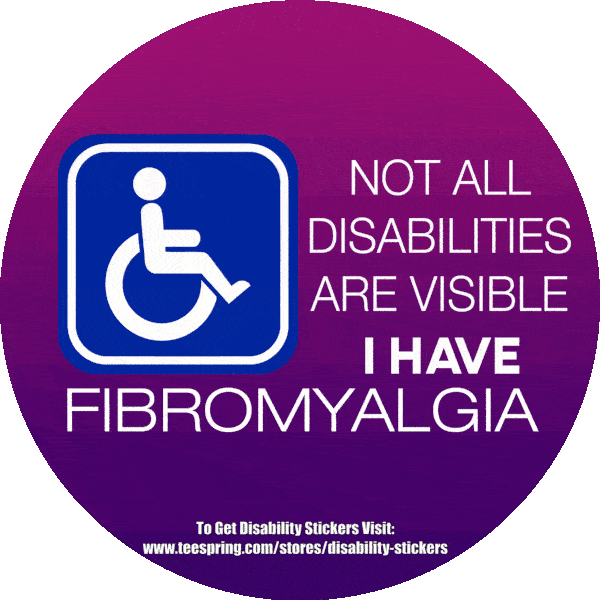Medications play a crucial role when it comes to treating chronic pain. There are numerous medications available to help you manage pain. However, every pain patient is different and responds to medications differently. A lot of people may want that their doctors prescribe those non-steroidal anti-inflammatory drugs (NSAIDs) every day, whereas others may need something more effective, such as an opioid.
Over-the-counter medications, such as aspirin, acetaminophen, or ibuprofen, may not be strong enough. The majority of chronic pain patients need prescription medications to cope with pain. Tell your doctor if you take over the counter versions of these medications as those prescription medications may contain acetaminophen or ibuprofen.
Widespread pain is a challenge to understand and treat
We see that in some patients who have central sensitization, treating the peripheral pain generators may results in a decrease or elimination of the widespread pain. Widespread pain is often addressed with medication. It is common for a patient to be given an anticonvulsant, such as pregabalin (Lyrica) or gabapentin (Neurontin), or serotonin-norepinephrine reuptake inhibitors (SNRIs), such as duloxetine (Cymbalta) or venlafaxine (Effexor). These drugs affect the neurons transmitting pain-related signals in the central nervous system. Another possible target in the nervous system is the glial cells. The glia are non-neuronal cells that provide support and protection for the neurons. 90% of the central nervous system (spine and brain) are made up of glial cells. Two cells types, microglia and astrocytes, recently have been found to play a role in pain processing. These two types of cells are stimulated in response to damaged or dying cells. Astrocytes produce inflammation, while microglia initiates both inflammatory and anti-inflammatory activity. Pain-producing chemicals are produced by an inflammatory response in the microglia, adding to the patient’s overall pain. Chronic pain and opioids, such as morphine and oxycodone, can also stimulate the microglia to produce these same pain-producing chemicals.
Acetaminophen risks
As Acetaminophen can be safely combined with a lot of medications, it is generally considered a “safe” drug and isn’t as likely to cause digestive side effects that are common with anti-inflammatory (although it can). More than 100 products contain acetaminophen, either alone or in combination with other drugs. However, acetaminophen overdose has grown into a major problem. As acetaminophen can cause liver failure so they decreased the amount of acetaminophen in the products and required that liver-failure warnings be added to the information contained in packaging.
It’s important to make sure you’re not taking more than the suggested amount and that you’re not taking it in more than one medication in order to avoid accidental acetaminophen overdose. For instance, if you’re taking Vicodin for pain and then catch a cold, you’ll wish that your cold medicine doesn’t contain acetaminophen, too. Many of them do. Be certain to double check any product that’s proposed for pain or decreasing fever. You also need to know that acetaminophen is sometimes called APAP, which stands for acetyl-para-amino-phenol.
Side effects and interactions of acetaminophen
Acetaminophen can cause side effects even if you’re following dosage instructions correctly. The most serious side effects which you should describe to your doctor speedily include allergic reaction (rash; itching; hives; swollen face, lips or tongue), breathing problems, sore throat with fever, headache, rash, nausea or vomiting, problems urinating or a change in your normal amount of urine and unusual weakness or exhaustion.
Is acetaminophen a right medication for you?
Whether acetaminophen-containing products are right for you or not, you should discuss this with your doctor. This decision needs to be based on things such as your diagnoses, symptoms, overall health and lifestyle factors. Talk to your doctor about the risks and benefits as well as possible alternatives if you don’t feel an acetaminophen-containing product is helping in reducing your pain.
When taking medications to treat your chronic pain the most significant thing to remember is that you need to be an active member in your own treatment plan. Don’t be afraid to ask questions you have to be your own advocate. You may need to increase or decrease your dose of medication over time or maybe change medications, so it’s necessary that you carefully follow your doctor’s instructions. Also, be on the lookout for side effects. If you notice any new symptoms, tell your doctor immediately. But don’t stop taking your medication unless your doctor tells you to do so.
How to reduce the risk?
You can decrease your risk of acetaminophen-related problems by always taking medicines as given. You should not take more than one acetaminophen-containing product and drinking alcohol while taking acetaminophen should be avoided. You should discuss everything you are taking with your doctor including OTC and short-term medications, so they can spot likely problems with overdose risk or interactions.
Click Here to Visit Store for More Products
References:
- Acetaminophen for Fibromyalgia and Chronic Fatigue Syndrome By Adrienne Dellwo via Very Well
- Acetaminophen via norman marcus pain institute
For support and Discussion join the group “Living with Fibromyalgia and Chronic Illness”
Subscribe to our website for Email notification of our new Posts. Like and Follow us on Facebook. Swipe Left to Read more on Fibromyalgia or Click Here …


